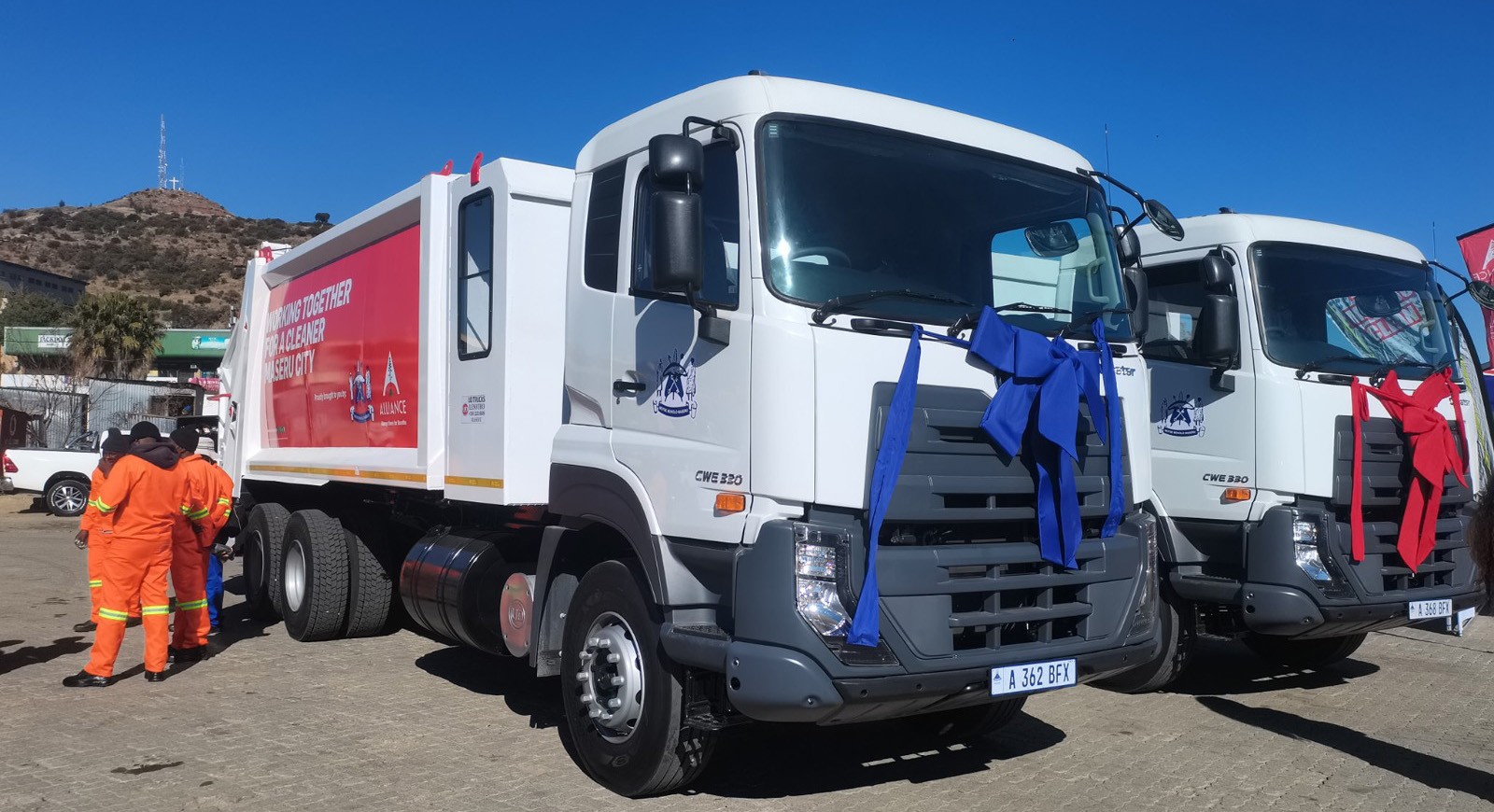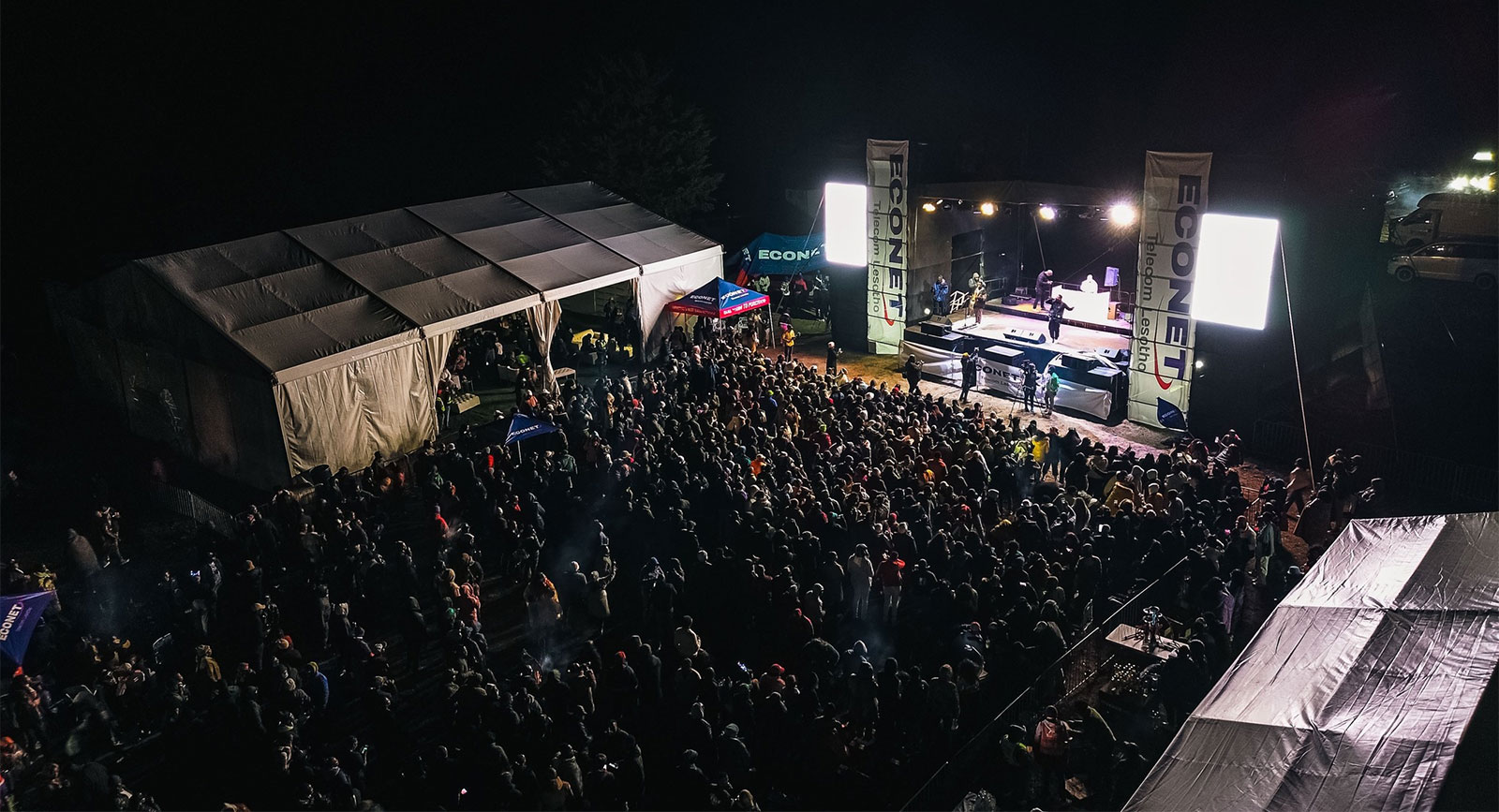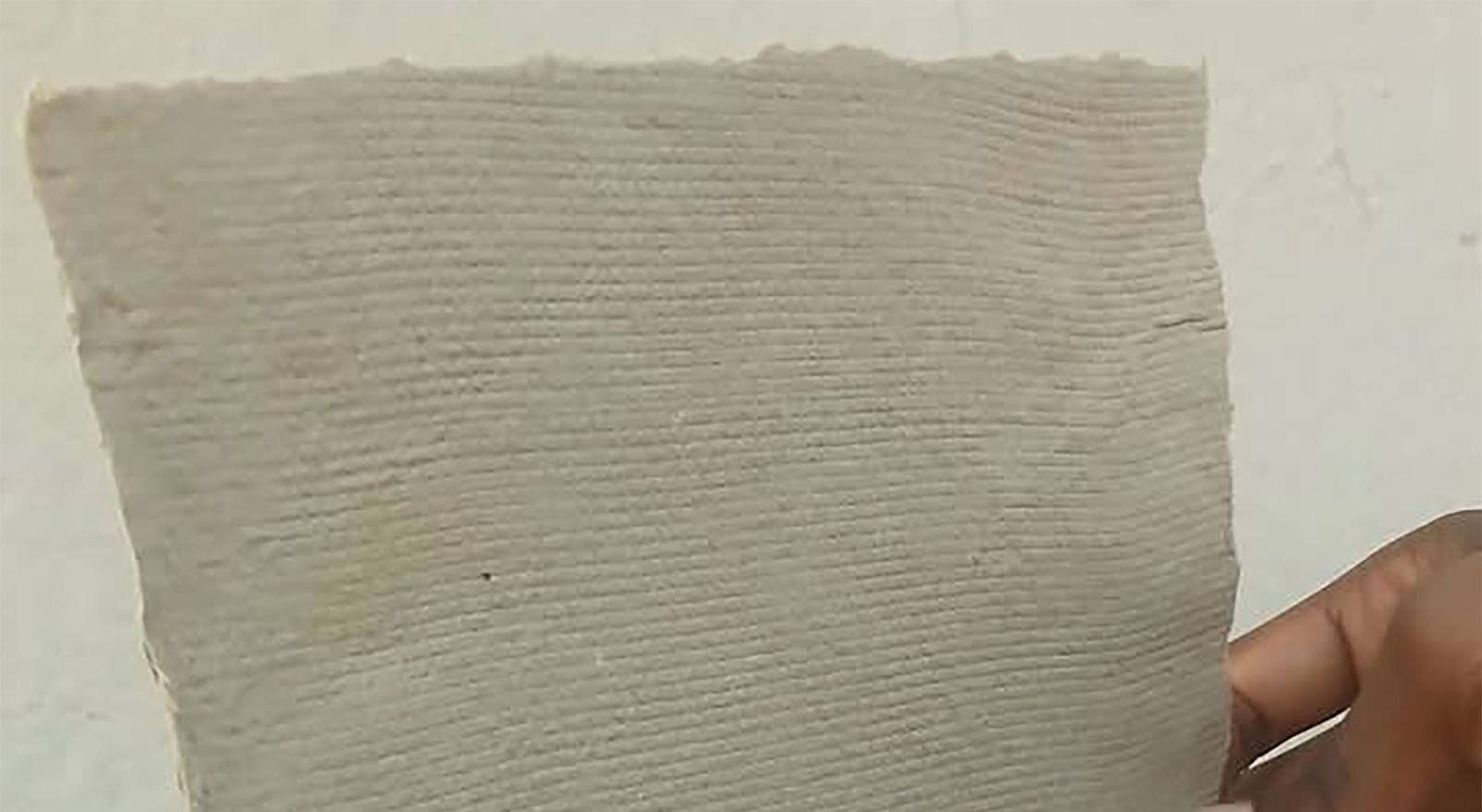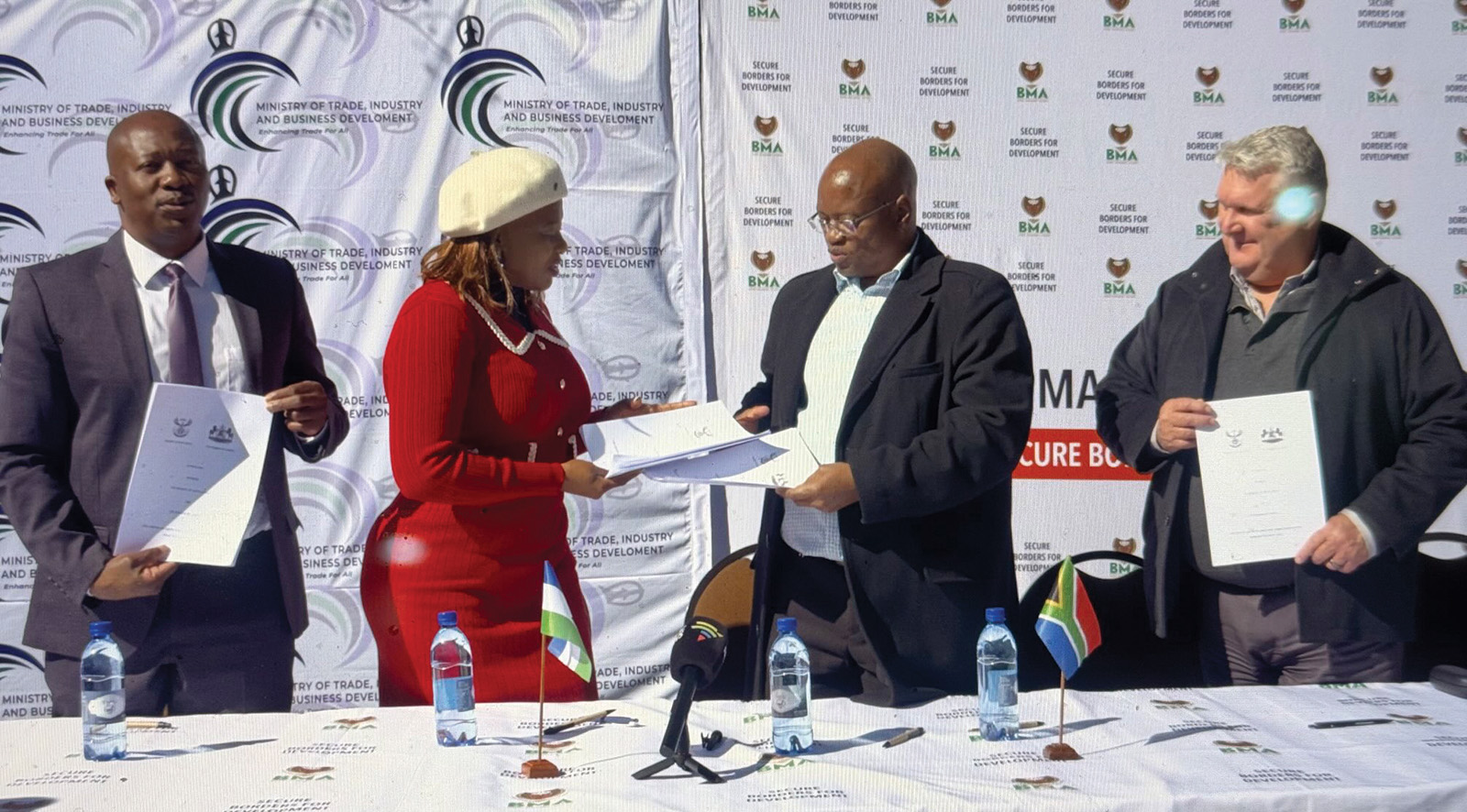Smart carwash saves water

SHARE THIS PAGE!
By Staff Reporter
In the village of Masianokeng Ha Mapetla area, about 10 south of the city of Maseru by the Main South I roadside is a small car wash. This is no ordinary carwash; it is waterless, well almost.
Instead of relying wholly on water to wash cars, it uses a revolutionary machine to spray cleaning special detergents chemicals on cars. It uses minimal water to clean up vehicles with the special detergents imported from South Africa.
The facility is owned by a Lesotho businessman whose vision was to introduce a car wash that would use less water while introducing chemicals to keep a car clean for a longer period.
During a visit to Buti’s Car Wash and Auto-style – arguably the only carwash of its kind in the country – two men in protective reflective wear are spotted busy washing a car in the scotching sun under a shade net.
“It’s a waterless car wash. That’s how we call it. We use limited water to wash vehicles, accompanied with formula liquid solutions that maintain the property clean for a prolonged time. Water is mostly used to wash the wheels, rims and tyres of the vehicle,” says Lipolelo Lethoesa, the accountant and commercial manager of the establishment.
She explains that “those are the vehicle’s parts where we use water to remove dirt such as mud; the solutions over there are ready to use,” she added proudly, pointing at the washing liquids displayed on the shelf.
She observes that the initiative to use minimal water in addition to such solutions is meant to save water and is regarded as highly eco-friendly.
“To clean and sheen rims, we use mag solution while for tyres we employ a special polish that restores the quality of the tyres.”
Lethoesa further indicates that the founders of the carwash realised that Lesotho sometimes experiences water shortages due to dry spells, hence the decision to introduce the new method of cleaning and washing cars.
“Firstly, the owner (Buti Bengo) extensively researched on how possible it would be to wash and clean vehicles without using large quantities of water. He actually studied aviation management, so transport is one of his trades,” Lethoesa said.
According to Lethoesa, during his research, Bengo found a South African company that sold him the machine for M20 000; this is the machine used to spray the solutions on the automobile while using water minimally.
“We use products that are made from plants, these are not harmful to people and do not cause damage to the automobiles. They are eco-friendly and protect cars from any hazards that may damage them,” she proudly proclaimed.
Another solution used is ‘wash and wax’. When spread on the car body, it repels dust and removes dirt easily. Micro-fibre clothes are then used to rub on the vehicle. The wax protects the vehicle from ultra-violet rays. Again, a solution known as ‘carnauba’ wax is used to clean windows as it contains a dirt-removing plant extract.
Lethoesa’s co-worker, Raboshabane Molatoli, the operations manager of the car wash, chipped in: “The mag solution is sprayed on rims as it removes any grease and oil, making them sparkle. Also, a tyre sheen is used to protect the rim from the dust.”
According to Molatoli, every solution used has its specialised effect on car body parts.
“The advantage is that every car part enjoys protection based on the suitable solution befitting it. In addition, cars washed at our plant stay clean for a long time, as long as two months” he boasted.
On average, a light motor vehicle requires five litres of water for a single wash. That, for Molatoli, is in line with plans to preserve water especially during dry seasons when the resource is scarce.
He describes Buti’s Carwash as ‘a movement’ that campaigns against water pollution through water-saving washing car methods. Such an effort, he enthused, also conserves water while protecting against land pollution as the detergents they use are friendly to the environment and humans.
To clean the interior of a vehicle, the facility uses steam washing as another effort to save water.
“I appeal to vehicle owners to join the movement in its campaign to save the valuable resource especially during dry periods,” Molatoli concluded.
Approached for comment, the acting public relations manager of the Water and Sewerage Company (WASCO), Rethabile Lefantsatsa, bantered that the utility prefers people to use water in order for it ‘to make money because using lots of water brings money to the company’.
But, Lefantsatsa warned, people should not use water carelessly.
He lamented that some WASCO customers use water excessively and run up their bills, only to complain about being wrongly billed later on and end up not paying for their services.
He noted that many carwashes are burdened with huge bills due to uncontrolled use of water at their facilities.
“It is in the nature of carwash outlets to use a lot of water because they do not use it properly. Therefore, if there is an alternative that uses only five litres of water to clean a single light motor vehicle, this would go a long way towards saving water and avoiding huge water bills.”
According to the company’s website, water is a valuable resource yet millions of litres are wasted daily by users. Water conservation is therefore everyone’s responsibility and is important during heavy rainfalls and dry seasons.
WASCO, which originally was called the Water and Sewerage Authority, serves almost 300 000 people in urban centres with potable water.
Renowned for its motto ‘save every drop’, the utility encourages customers to wise-up to water and make simple changes in their daily lives to save this valuable resource. WASCO’s main purpose is to provide water and sewerage services to all designated urban areas that include districts and other towns such as Maputsoe, Mapoteng, Peka, Morija and Roma.

Communities empowered to protect environment
10 days ago
Alliance boosts MCC fleet
11 days ago
Young people discuss economic future at Taung
12 days ago
CityzeenLs nears 1 million YouTube views
12 days ago
Econet commits over M1million to Lecholi event
12 days ago

New border plan to advance regional trade
15 days ago
Foul language lands man in court
15 days ago
Youth demand action on unemployment
15 days ago
Ex-ministers threaten to sue govt
15 days ago